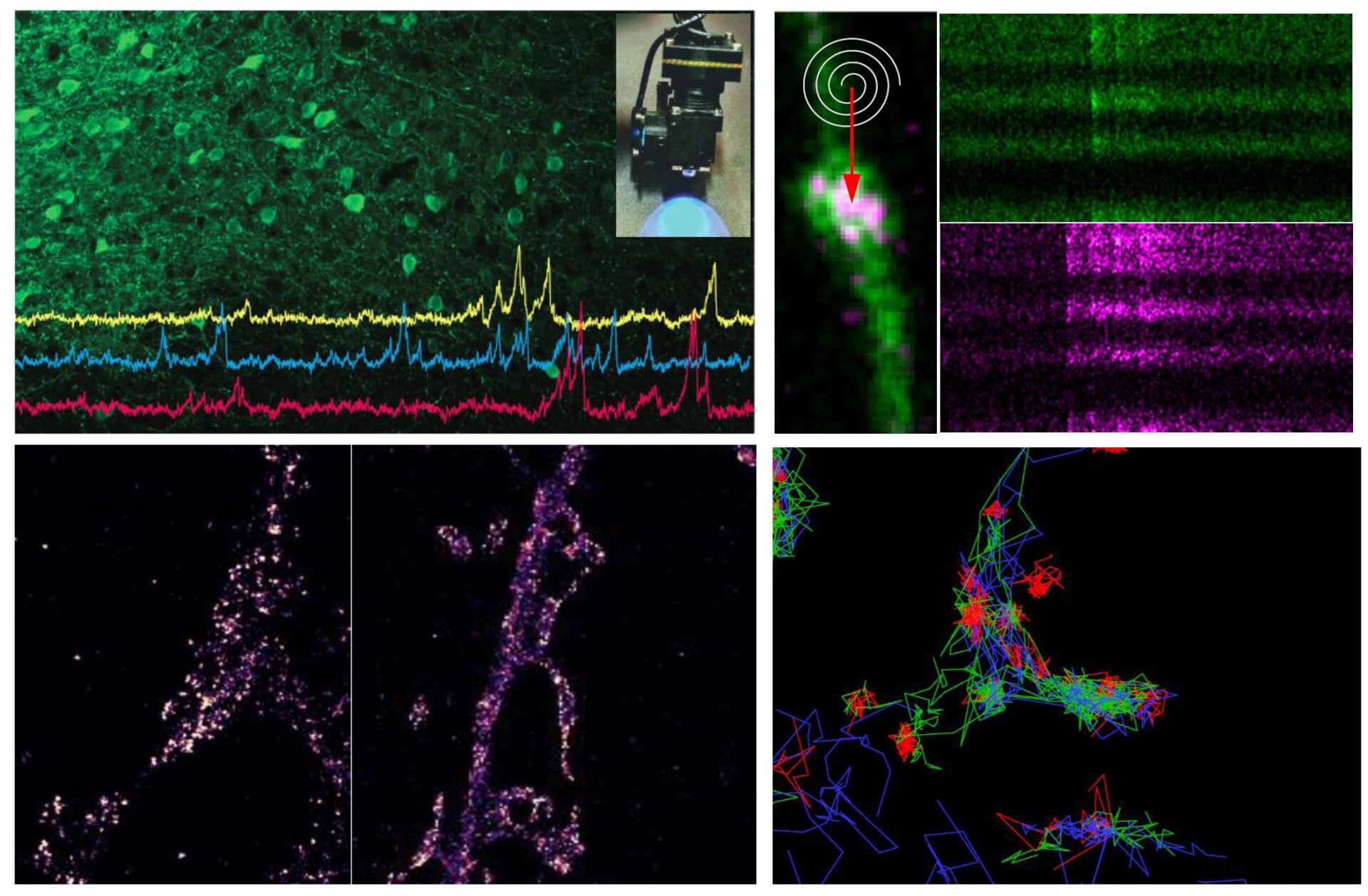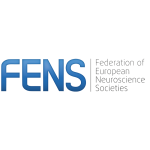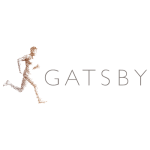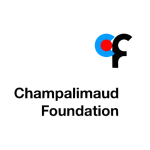Course overview
Progress in microscopy has a long history of triggering major advances in neuroscience, and it is accelerating on many fronts: morphological and functional labeling, microscope instrumentation and imaging modalities, image processing and data analysis etc. These innovations are potentiating our ability to monitor, measure and manipulate biological structures and activities inside complex and intact nervous system model systems with ever higher throughput, robustness, precision and sensitivity and on ever wider temporal and spatial scales.
This Cajal course will bring together leading developers and practitioners of cutting-edge imaging techniques that push the frontiers of neuroscience research. The course follows up on previous Cajal school editions on this topic. The course will cover a broad spectrum of concepts and practical techniques, both classic and new, to provide a solid basis and critical guidance for newcomers and experienced users alike, wishing to pick up skills and learn about new developments and avenues in microscopy and its impact on neuroscience.
The applications will span a wide spectrum of neurobiological topics and preparations in an exemplary fashion, from brain development, plasticity and neuro-immune system interactions in cell cultures, brain slices and in vivo using the mouse and zebrafish brain as main model systems.
A series of pedagogical lectures and seminars will be complemented by hands-on practical training in small groups using experimental setups and tools provided by the Bordeaux School of Neuroscience, the Bordeaux Imaging Center, the course faculty & instructors, including a number of leading research labs on Bordeaux Neurocampus, as well as brand-new demo equipment from microscope manufacturers.
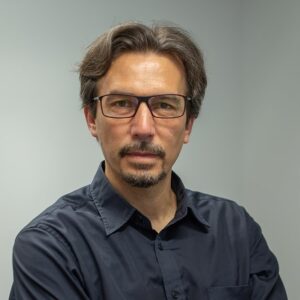
Valentin Nägerl
Course Director
University of Bordeaux, France
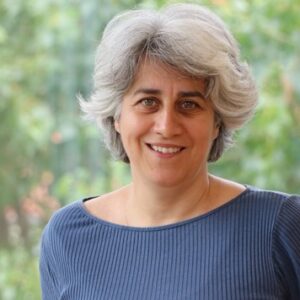
Francesca Odoardi
Co-Director
University of Göttingen, Germany
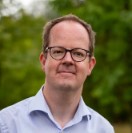
Jan Huisken
Co-Director
University of Göttingen, Germany
Keynote speakers
Will be announced soon.
Instructors
Will be announced soon.
Course content
Course Format and Topics
Overall, the program is split into these broad complementary categories:
- Multi-scale imaging of fixed brain tissue: from EM and super-resolution imaging to cleared tissue imaging
- From in vitro to in vivo imaging in brain preparations
- Functional neuronal imaging in behaving organisms
The course is divided into two 9-day long experimental blocks, offering each 6 to 8 experimental projects, where teams of 2 to 3 students pick projects for both blocks based on interest and compatibility.
The main goals of the course are to:
- Teach students the theoretical foundation of advanced imaging techniques for molecular, cellular and systems neuroscience research.
- Enable them to design and carry out frontier imaging experiments, analyze the results and present them to the other students and faculty at the end.
- Allow them to gain enough relevant experience and build a knowledge base & network (with peers, faculty and companies) about the approaches to be able to establish them in their labs upon return.
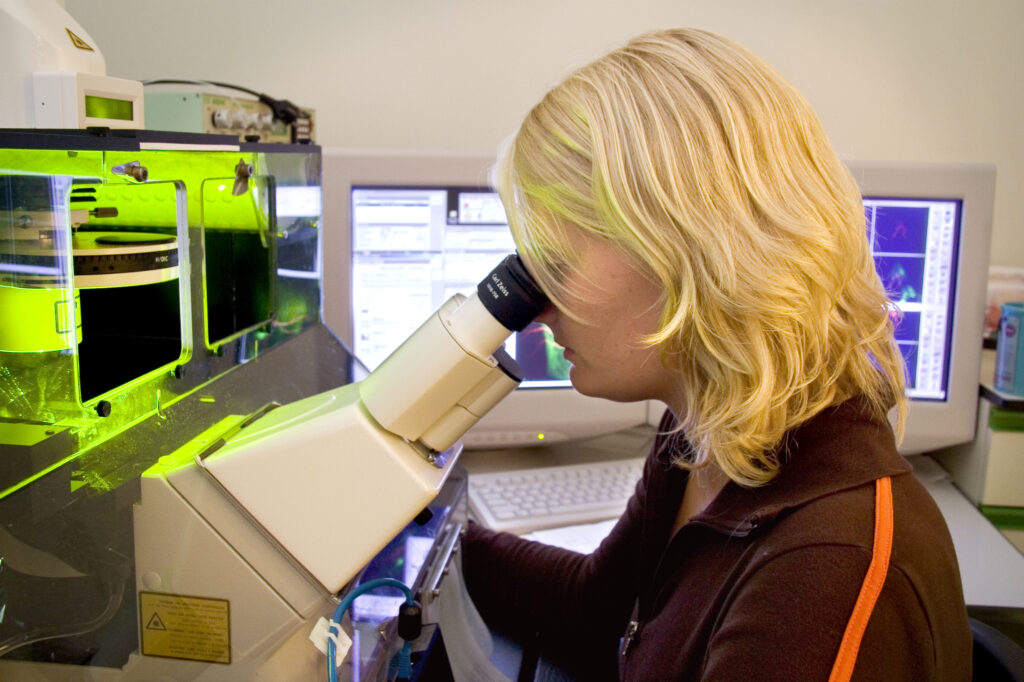
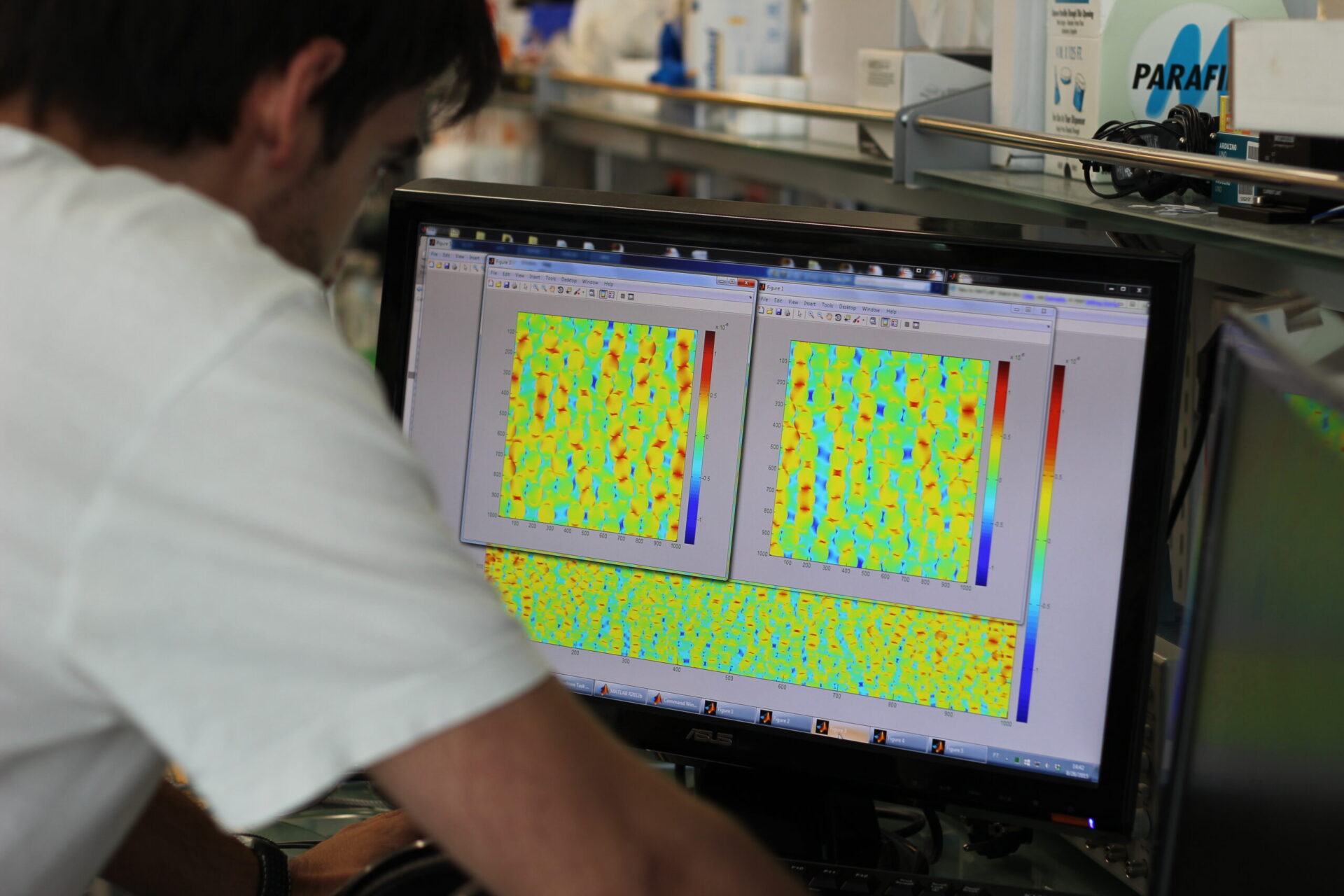
Projects
This course offers experimental projects in these concrete areas:
-
Nanoscale monitoring and manipulation of the dynamic molecular organization of synapses using STED, SMLM and EM approaches.
-
Functional imaging of neuronal and astroglial cellular and network activity using modern optical biosensors for calcium (intra- and extracellular), synaptic glutamate, dopamine and other signaling molecules.
-
Shadow imaging of anatomical micro-structures and spaces in brain slices and in vivo using a variety of imaging modalities, including STED, confocal, 2-photon and light sheet microscopy in wildtype and animal models of brain diseases.
-
Super-resolution imaging of the biophysical properties (viscosity, topology) of the extracellular space using single-particle tracking (QD and carbon nanotubes).
-
Whole-brain multi-scale imaging by tissue clearing, expansion microscopy, and light sheet microscopy
-
Fast functional imaging in behaving zebrafish, danionella and other emerging model organisms
-
Imaging and analysis of chemotactic leukocyte migration in 3D environments
-
Functional imaging of calcium imaging in immune cells in vitro and in vivo.
-
Intravital Imaging via two-photon microscopy of immune cell motility in the CNS in healthy and autoimmune conditions
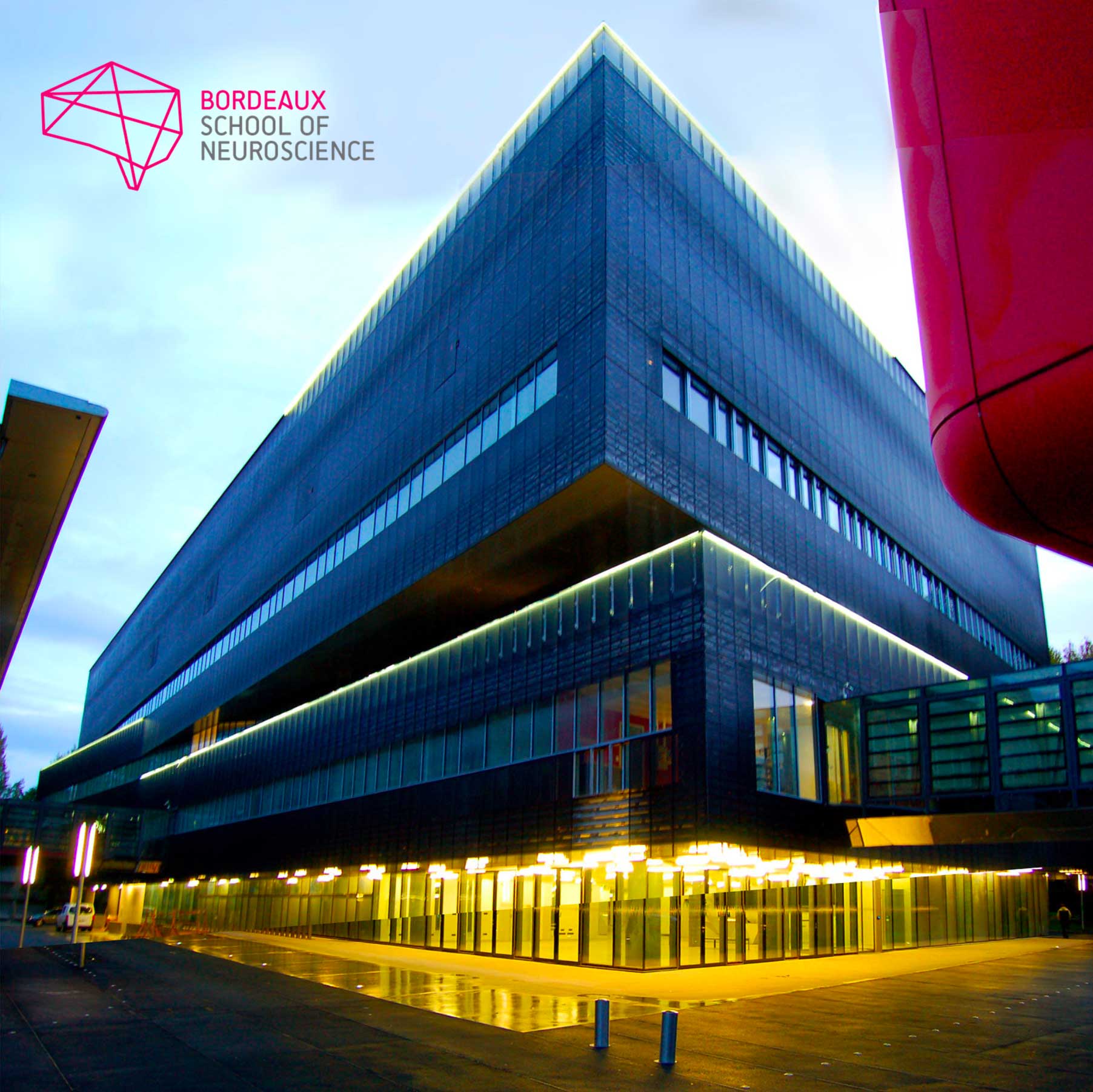
Bordeaux School of Neuroscience, France
The Bordeaux School of Neuroscience is part of Bordeaux Neurocampus, the Neuroscience Department of the University of Bordeaux. Christophe Mulle, its current director, founded it in 2015. Throughout the year, renowned scientists, promising young researchers and many students from any geographical horizon come to the School.
The school works on this principle: training in neuroscience research through experimental practice, within the framework of a real research laboratory.
Facilities
Their dedicated laboratory (500m2), available for about 20 trainees, is equipped with a wet lab, an in vitro and in vivo electrophysiology room, IT facilities, a standard cellular imaging room, an animal facility equipped for behavior studies and surgery and catering/meeting spaces. They also have access to high-level core facilities within the University of Bordeaux. They offer their services to international training teams who wish to organize courses in all fields of neuroscience thanks to a dedicated staff for the full logistics (travels, accommodation, on-site catering, social events) and administration and 2 scientific managers in support of the experimentation.
Registration
Fee : 3.950 € (includes tuition fee, accommodation and meals)
Applications will open soon.
The CAJAL programme offers 4 stipends per course (waived registration fee, not including travel expenses). Please apply through the course online application form. In order to identify candidates in real need of a stipend, any grant applicant is encouraged to first request funds from their lab, institution or government.
Kindly note that if you benefited from a Cajal stipend in the past, you are no longer eligible to receive this kind of funding. However other types of funding (such as partial travel grants from sponsors) might be made available after the participants selection pro- cess, depending on the course.

